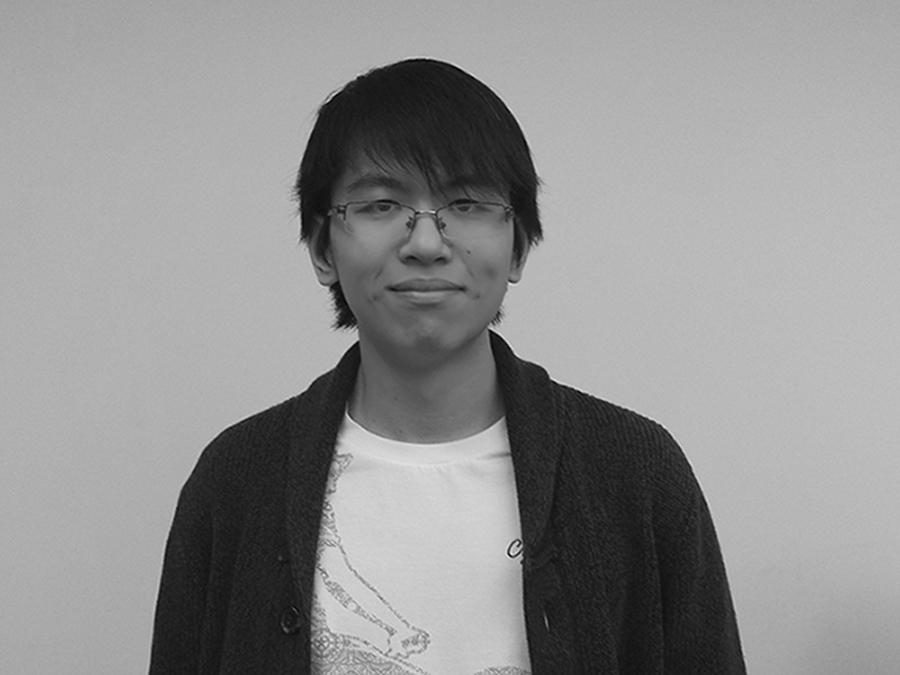Well-rounded curricula needed
April 6, 2015
The parable of American pre-professional college education can be seen in the parallel stories of two sectors. On the one side, the legal jobs market has been awful. Ever since the turn of the financial crisis, unemployment for law school graduates has been consistently higher than the national average. Articles highlighting the struggle for law graduates to find jobs in their chosen sector were all too common, and legal-minded undergraduates were steered away — law school applications have decreased 37 percent from 2010.
Meanwhile, the insurgent technological sector, fueled by paranoia over a shortage of tech workers, painted Silicon Valley as a gold mine for many prospective undergraduates. Schools and government officials began to emphasize the importance of technology in improving the U.S. economic landscape. This resulted in an an influx of bright-eyed science and engineering students bursting through college and into the workforce — only to find that the STEM employees were not as rare as previously believed and the entire technology jobs sector may be on the razor’s edge.
In the law world, we see how variable job markets can be. Growing awareness of a job shortage leads to a decrease in law school applicants, and the problem corrects itself in almost no time at all. In the tech industry, we see how hype and overspecialization can lead undergraduates into a basele, further inflating a bubble ready to burst. The origin of these stories rests in the single-minded attitude that many students take toward their college educations. No one should go through college wholly focused on one career. The job market is simply too volatile to allow it.
This is why core requirements in an undergraduate curriculum are so important. College should be a time for exploring intellectual passions, not just for preparing oneself for the workforce, for the simple reason that no one can predict what the workforce will look like in the future. Rather than thinking about acquiring certain skills or items of knowledge, students should instead find new ways of thinking, develop personal connections and to become more adaptable individuals.
That is what a liberal arts education is all about. Computer science and other technology fields have a lot to offer in turns of analytical thinking and pragmatic problem-solving, and law students would do well to have some of those skills under their belts. Likewise, the humanities can offer computer science students a new way of solving global problems. Ultimately, a well-balanced education is the best tool any aspiring professional can have, and rather than focusing on the trendy growth sector of the day, students need to prepare themselves for anything.
Opinions expressed on the editorial pages are not necessarily those of WSN, and our publication of opinions is not an endorsement of them.
A version of this article appeared in the Monday, April 6 print edition. Email Richard Shu at [email protected].

























































































































































